Summaries of books about Racial Studies:
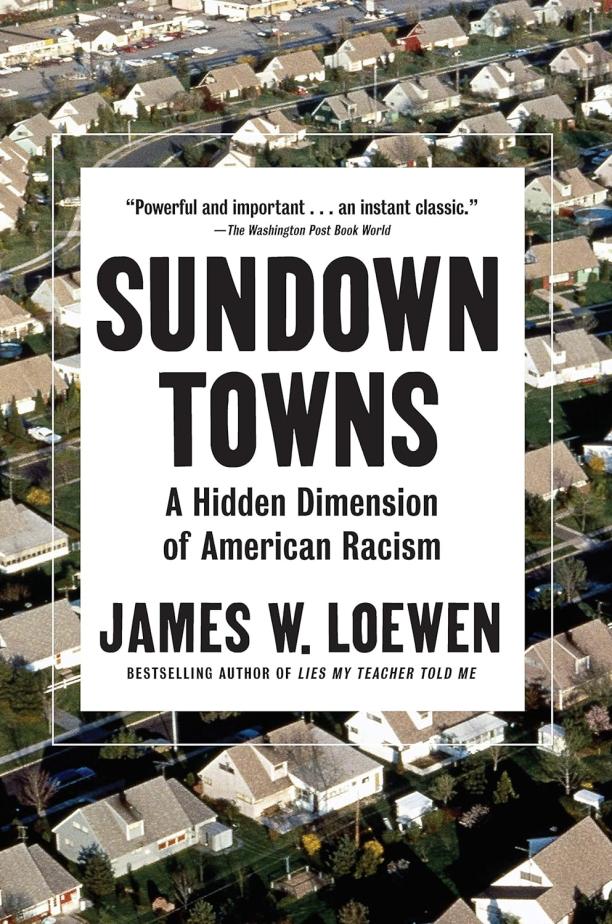
Sundown Towns
A Hidden Dimension of American Racism
James W. Loewen
The book examines the widespread practice of creating "sundown towns" in America—communities that were exclusively white and often used laws, threats, and violence to exclude African Americans and other minorities. It explores the history and lasting impact of these towns on racial segregation and race relations in the United States.
See full summary
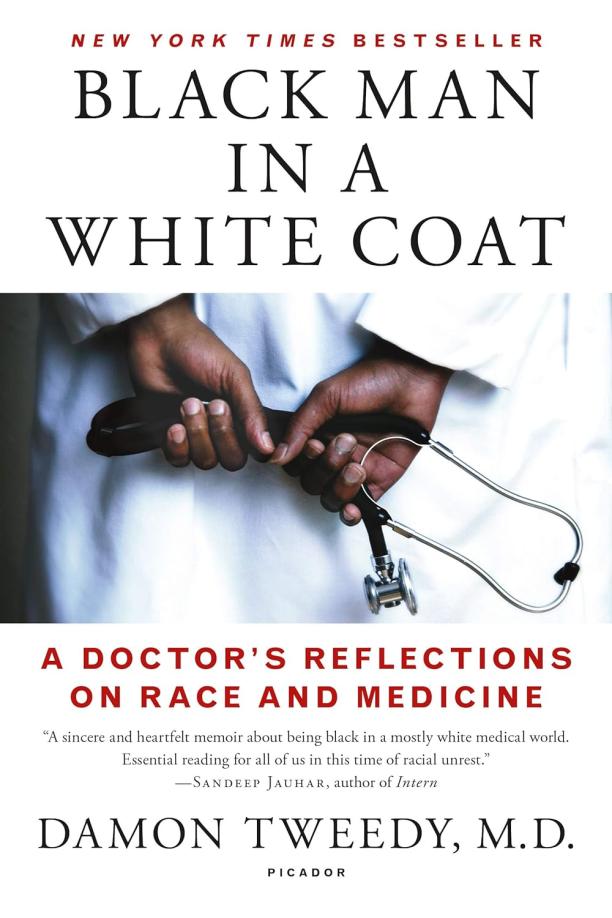
Black Man in a White Coat
A Doctor's Reflections on Race and Medicine
Damon Tweedy
The book is a memoir that explores the intersection of race and medicine through the author's experiences as a Black medical student and physician. It delves into the challenges of navigating a predominantly white profession, the impact of racial disparities on patient care, and the author's personal journey toward understanding and addressing these issues.
See full summary

Bring the War Home
The White Power Movement and Paramilitary America
Kathleen Belew
The book examines the rise of the white power movement in the United States, tracing its roots from the Vietnam War to its impact on contemporary domestic terrorism. It explores how these extremist groups have used paramilitary tactics and a unifying narrative to mobilize and carry out acts of violence.
See full summary
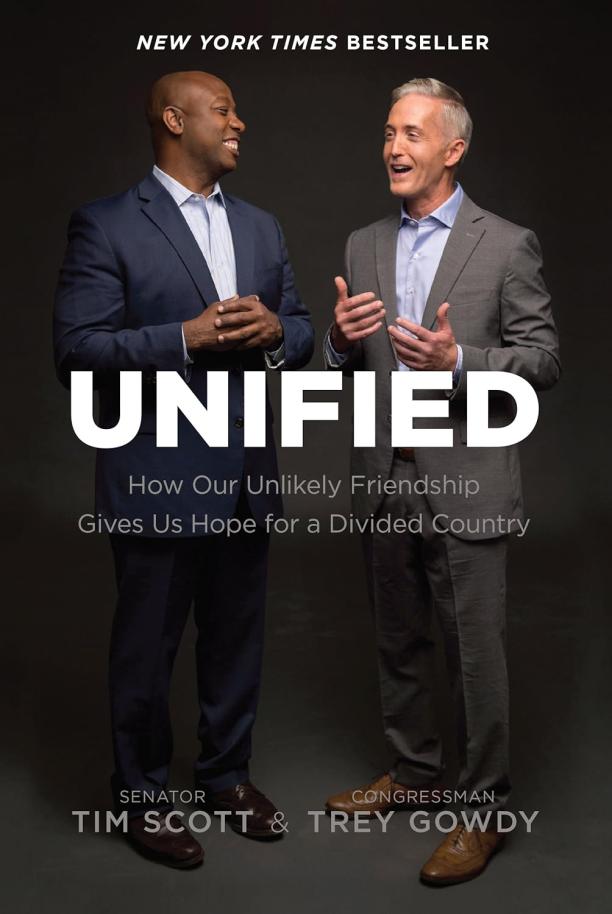
Unified
How Our Unlikely Friendship Gives Us Hope for a Divided Country
Tim Scott|Trey Gowdy
The book explores the unlikely friendship between two South Carolina politicians—one black, one white—and their shared commitment to fostering understanding across racial and political divides. It offers personal anecdotes and insights into how empathy and collaboration can bridge the gaps that separate Americans.
See full summary
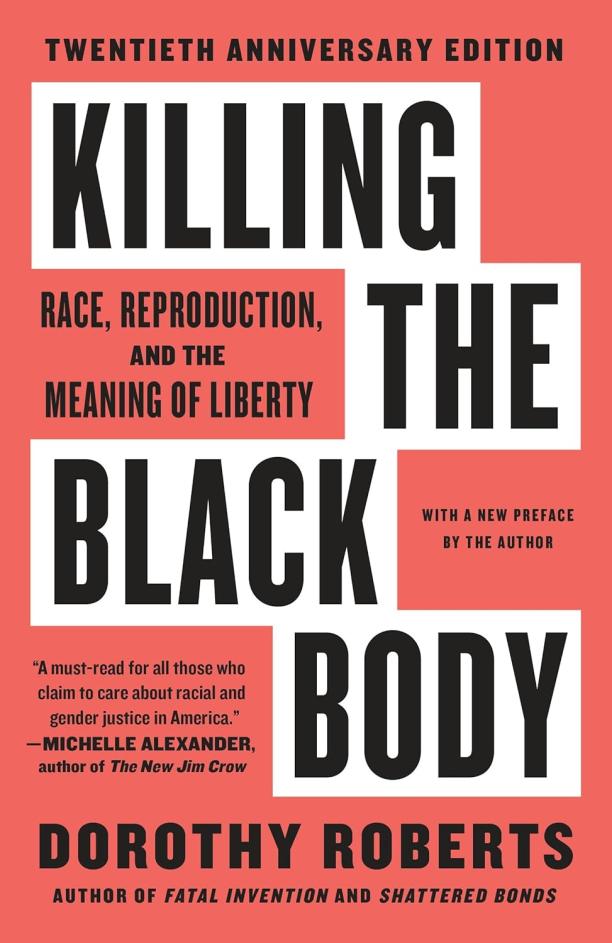
Killing the Black Body
Race, Reproduction, and the Meaning of Liberty
Dorothy E. Roberts
The book critically examines the history and ongoing issues of reproductive injustice and control targeted at Black women in the United States, from the era of slavery to contemporary practices like sterilization abuse and the regulation of welfare mothers. It argues that these practices are part of a broader system of racial oppression that devalues Black motherhood and undermines the reproductive freedom of Black women.
See full summary
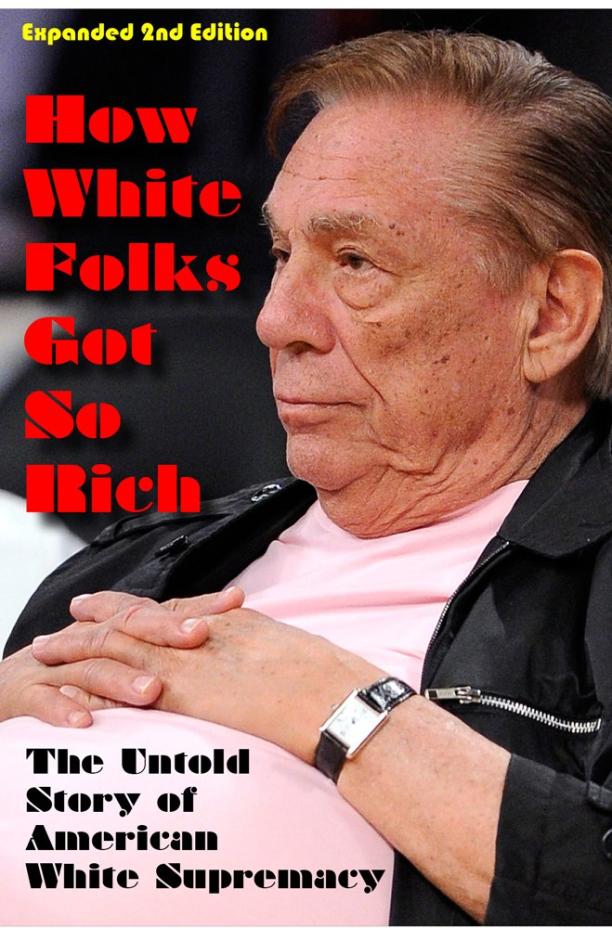
How White Folks Got So Rich
The Untold Story of American White Supremacy
Reclamation Project
The book examines the historical and systemic economic advantages that have been afforded to white Americans through policies, laws, and practices rooted in white supremacy. It explores the impact of these advantages on the wealth gap between white Americans and people of color, detailing how these disparities were intentionally constructed and maintained over time.
See full summary
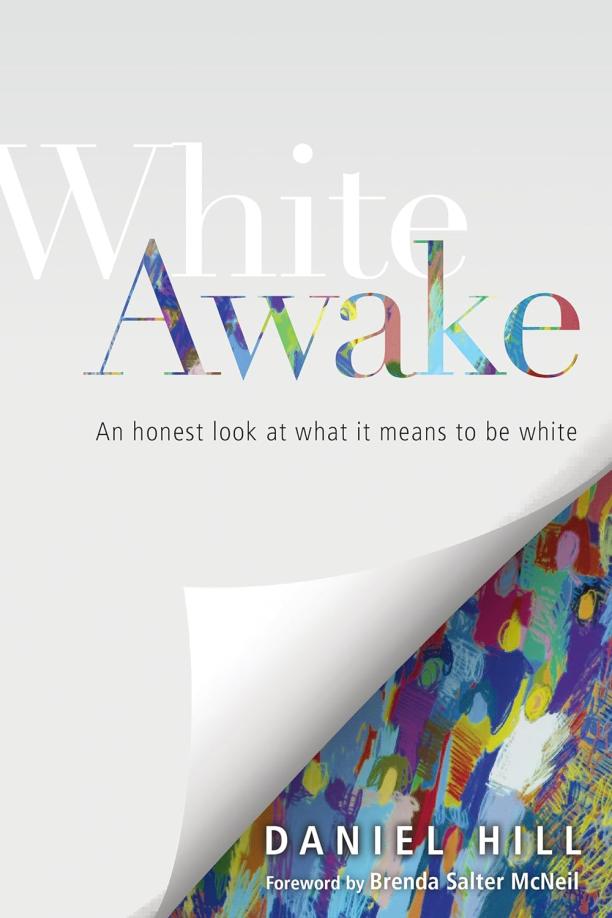
White Awake
An Honest Look at What It Means to Be White
Daniel Hill
The book explores the journey of white people coming to terms with their racial identity and the impact of white culture on society. It provides a framework for understanding the dynamics of race and privilege, and offers guidance for white individuals seeking to develop a more profound sense of racial awareness and to engage in racial justice work.
See full summary
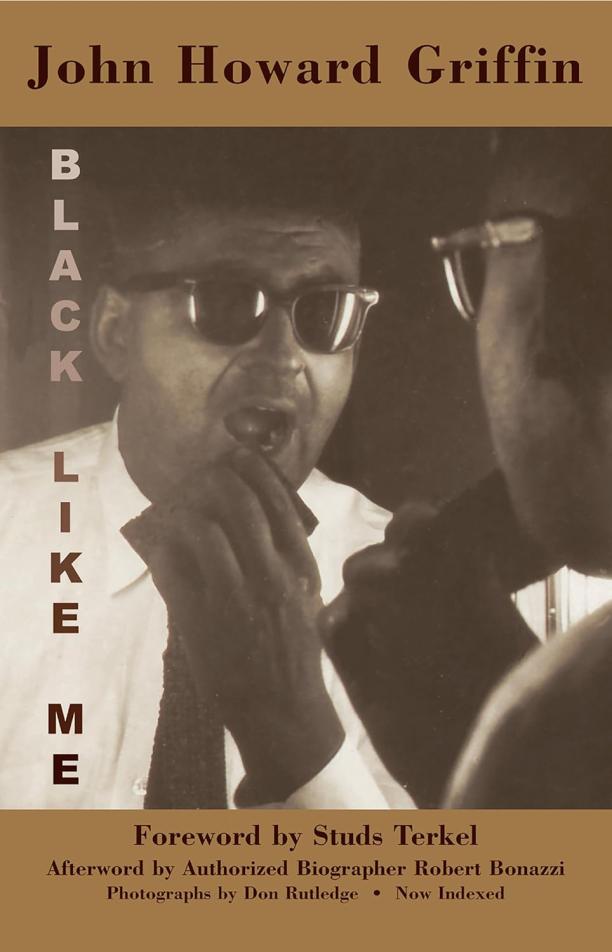
Black Like Me
The Definitive Griffin Estate Edition
John Howard Griffin|Robert Bonazzi|Studs Terkel
The book is a non-fiction account of a white journalist who temporarily darkens his skin to experience life as a black man in the racially segregated South of the United States during the late 1950s. It provides a detailed and personal exploration of the racial prejudice and discrimination he encounters while living under the guise of a black man.
See full summary
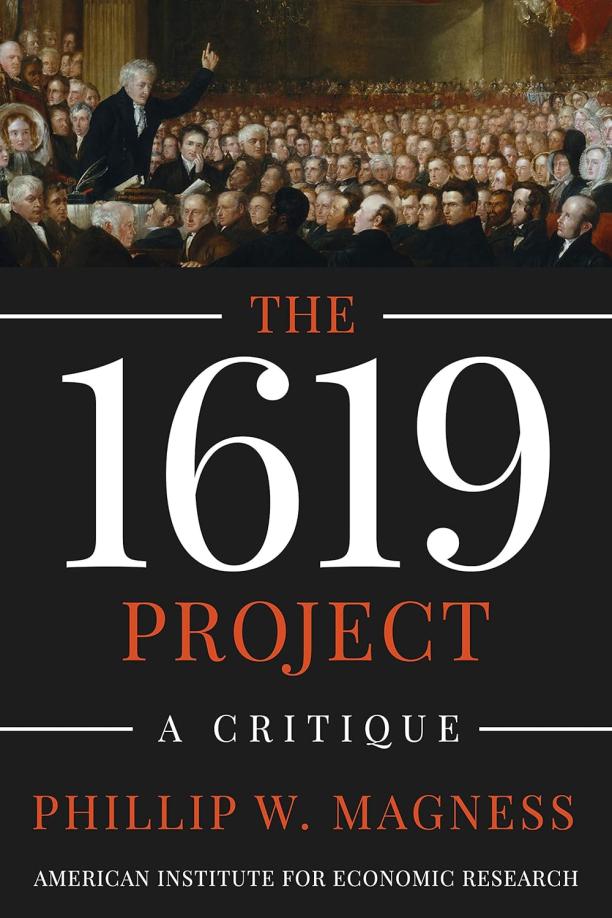
The 1619 Project
A Critique
Phillip W. Magness
The book presents a critical examination of the "1619 Project," challenging its historical assertions and interpretations, particularly regarding the role of slavery in American history. It scrutinizes the project's claims, methodology, and potential implications for the understanding of U.S. history.
See full summary
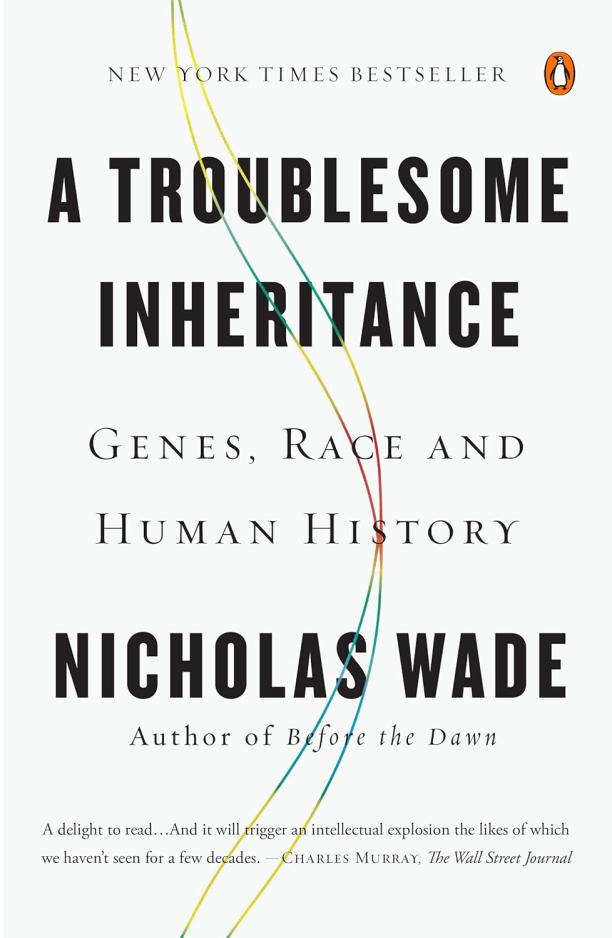
A Troublesome Inheritance
Genes, Race and Human History
Nicholas Wade
The book explores the controversial hypothesis that human evolution has been recent, copious, and regional, and it suggests that genetic differences among populations have an impact on social and economic outcomes. It delves into the contentious debate over the role of genetics in shaping human behavior, intelligence, and culture, often linking these to the concept of race.
See full summary